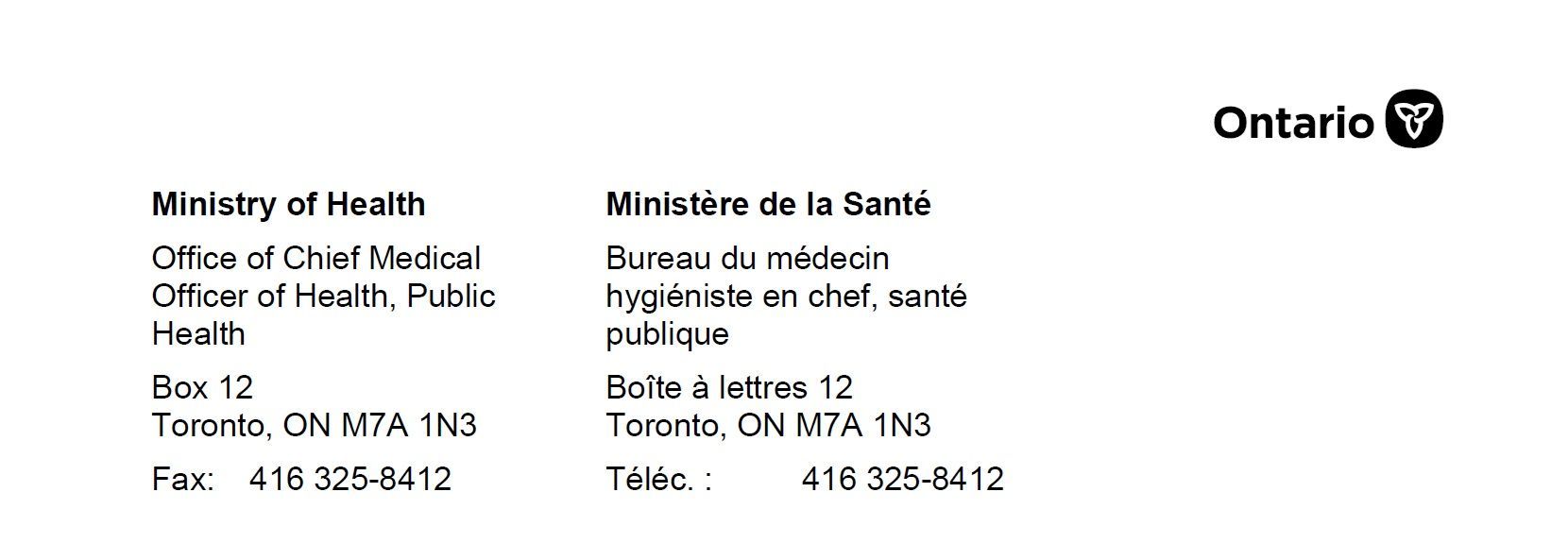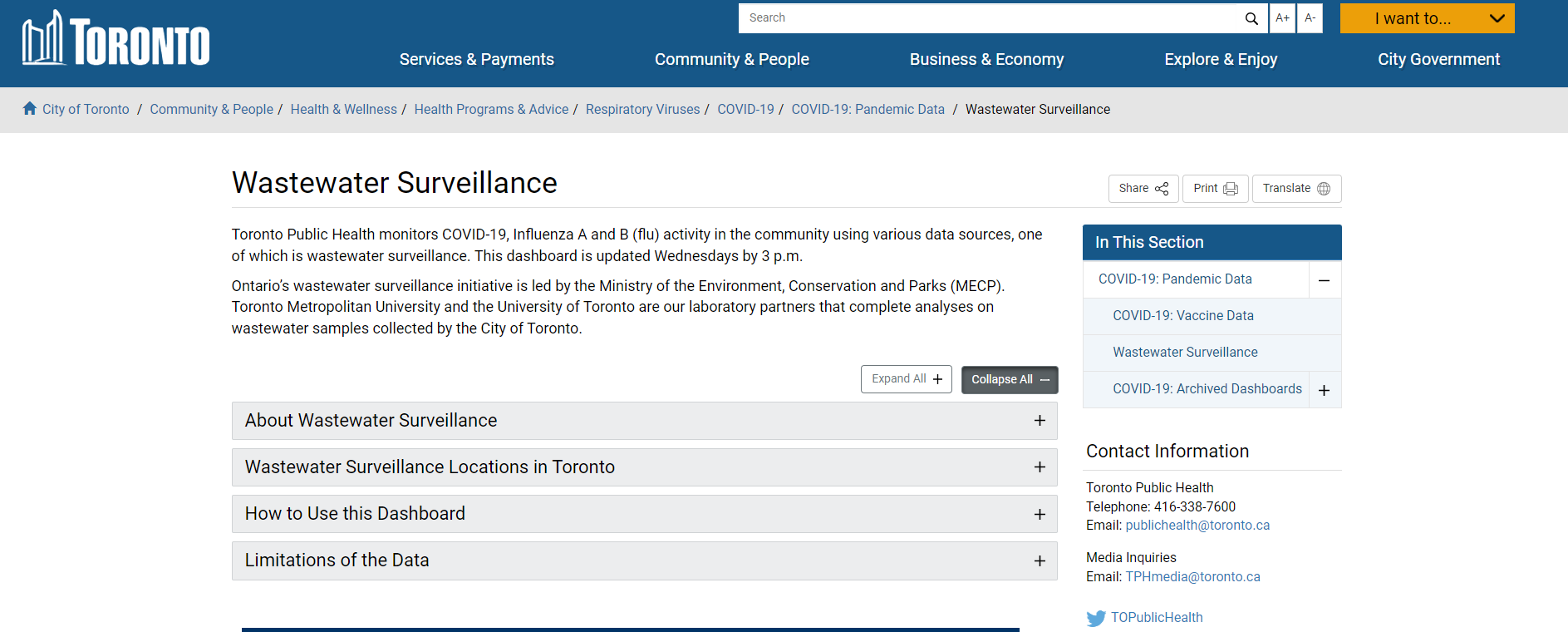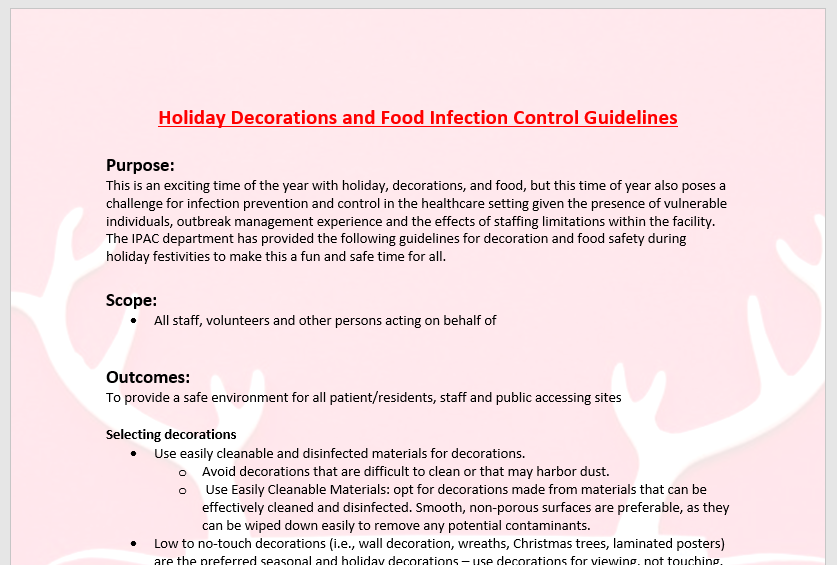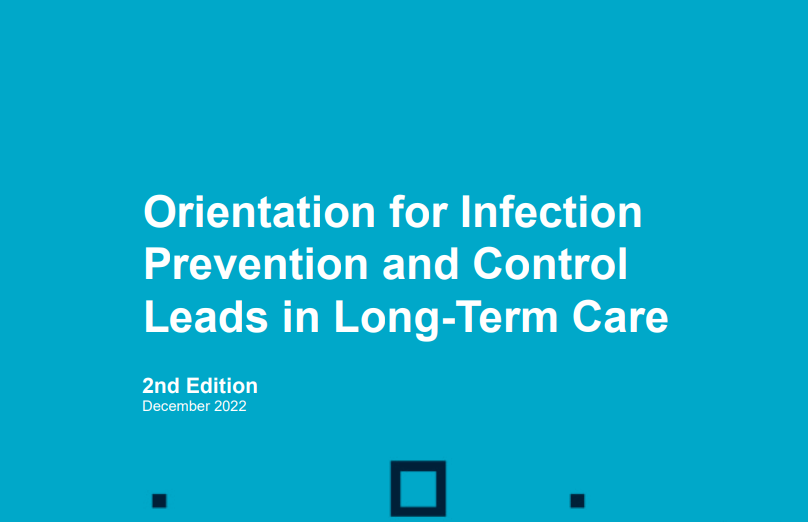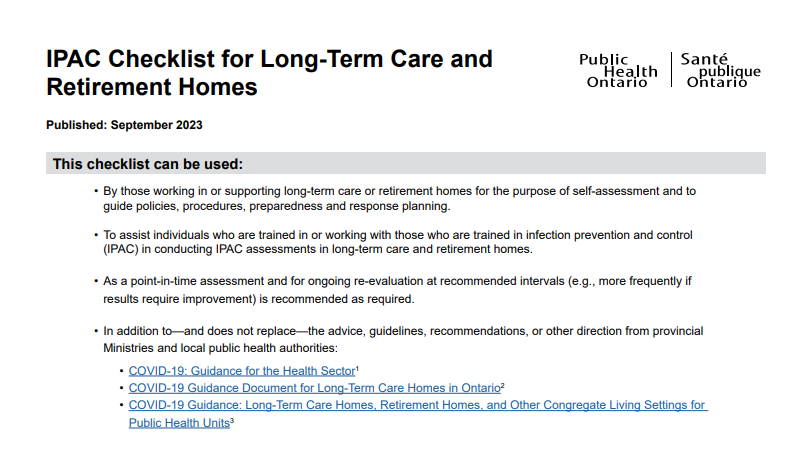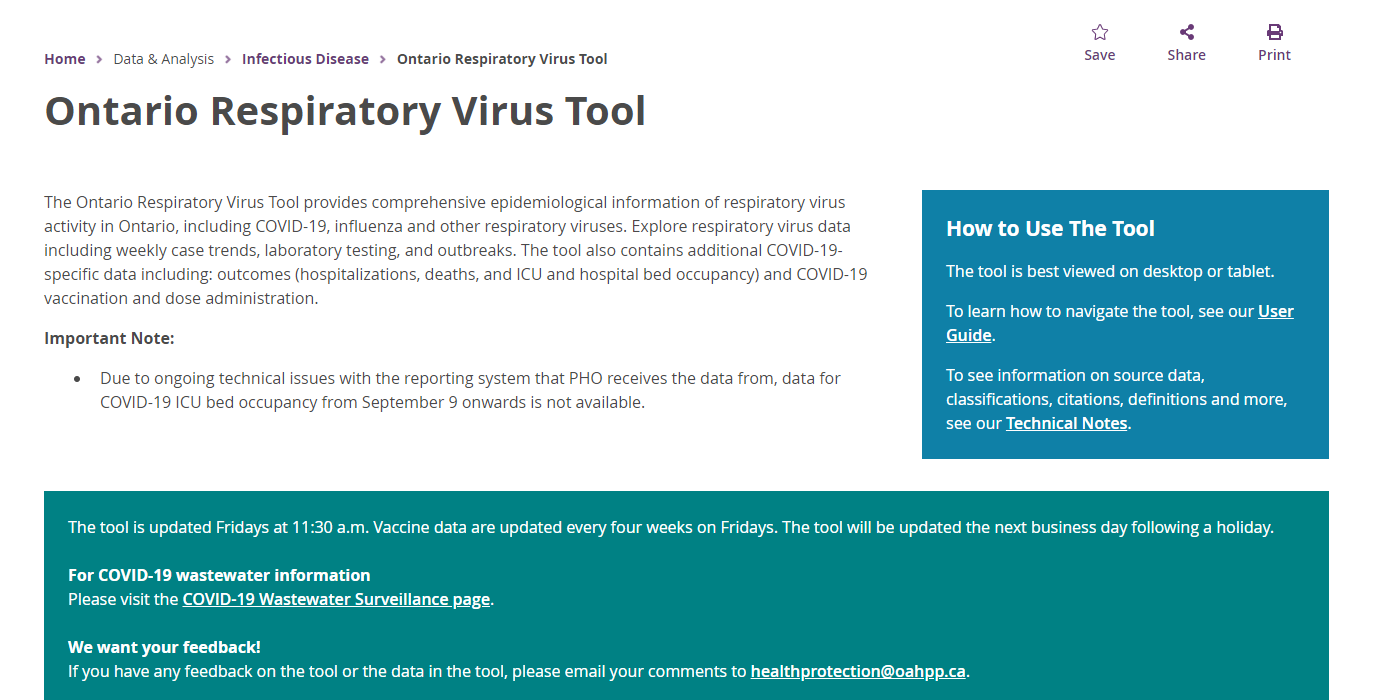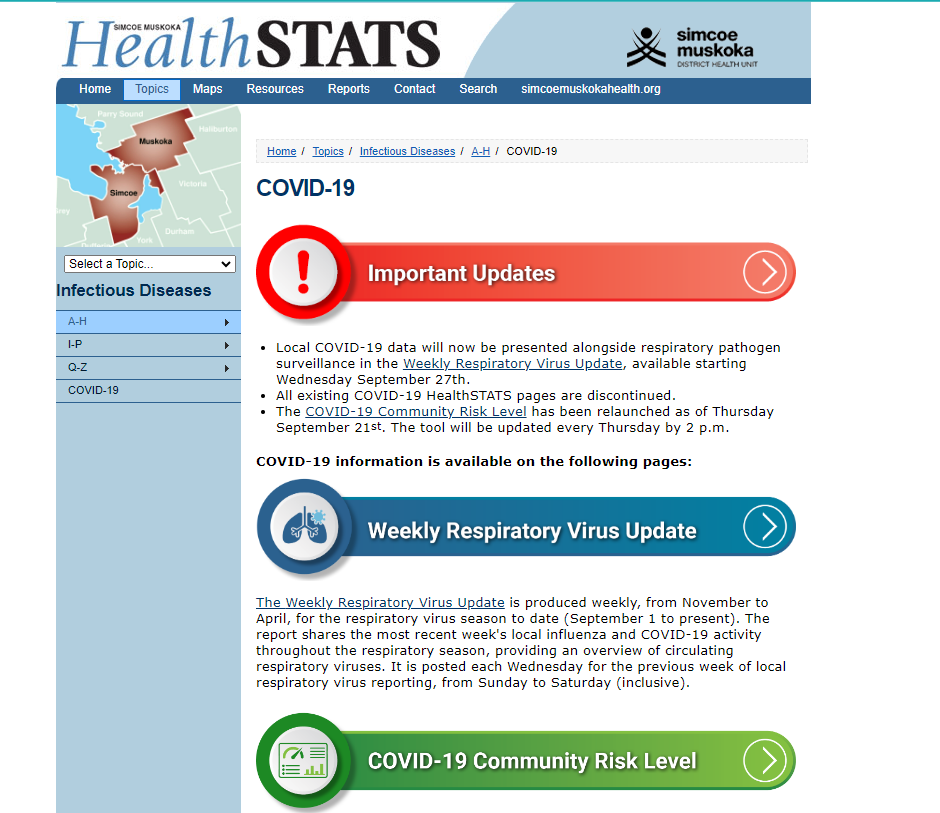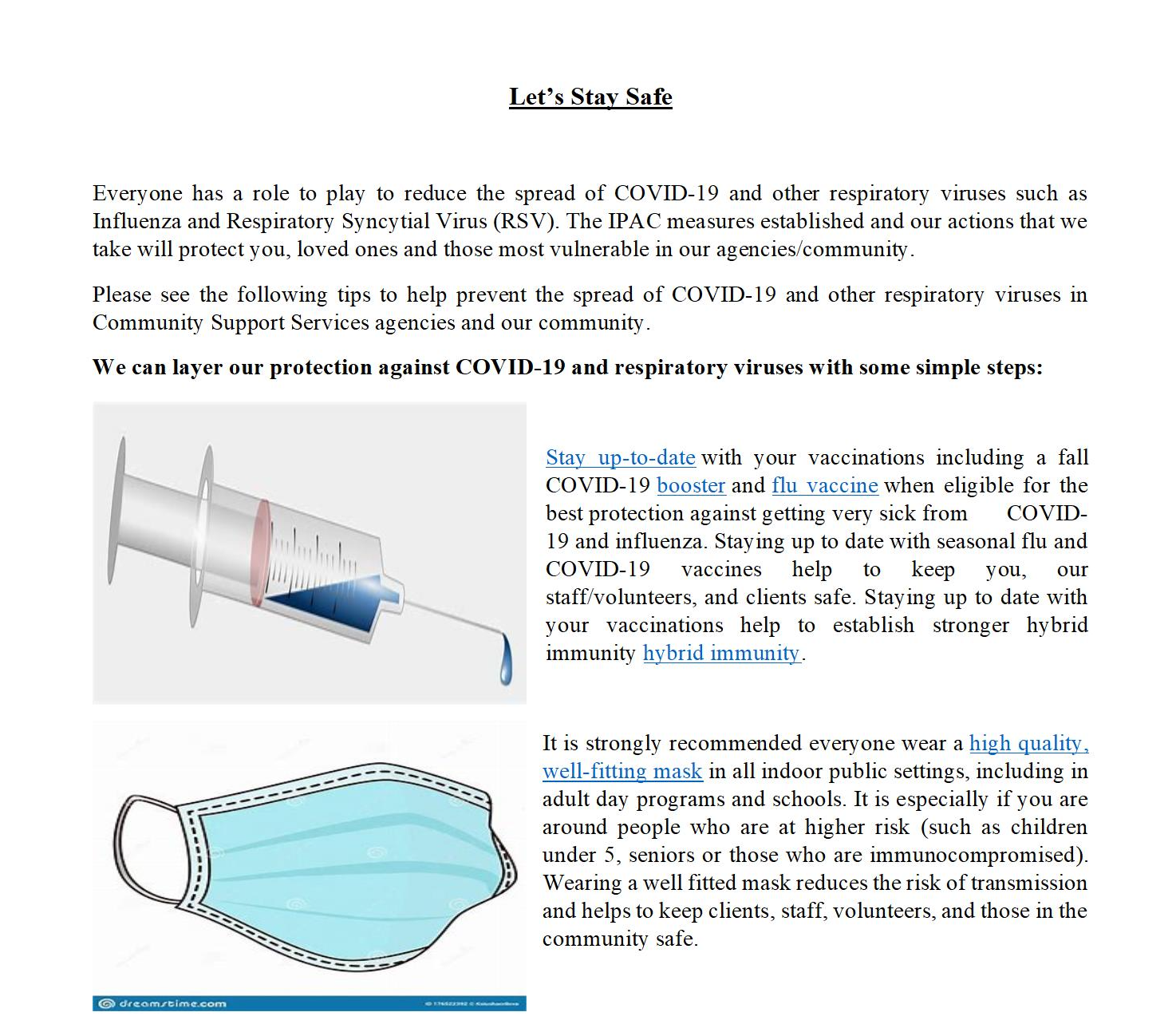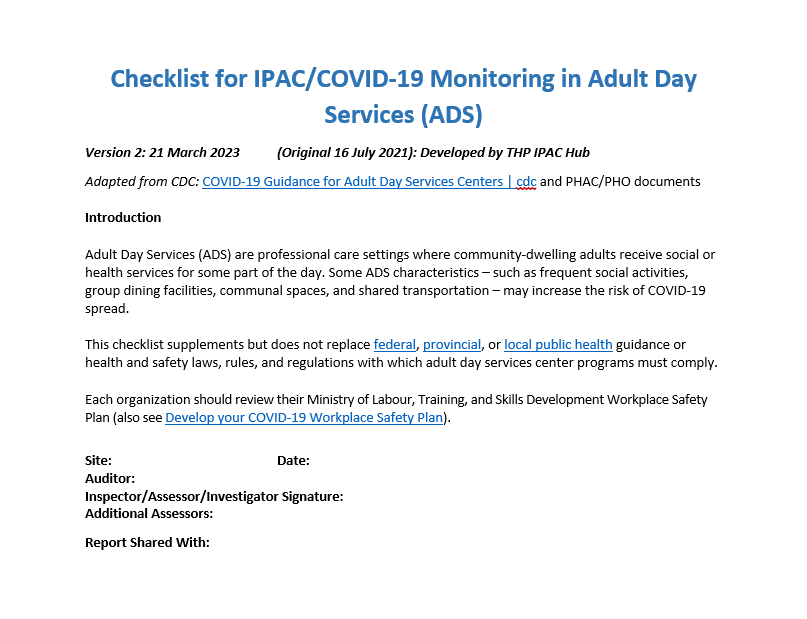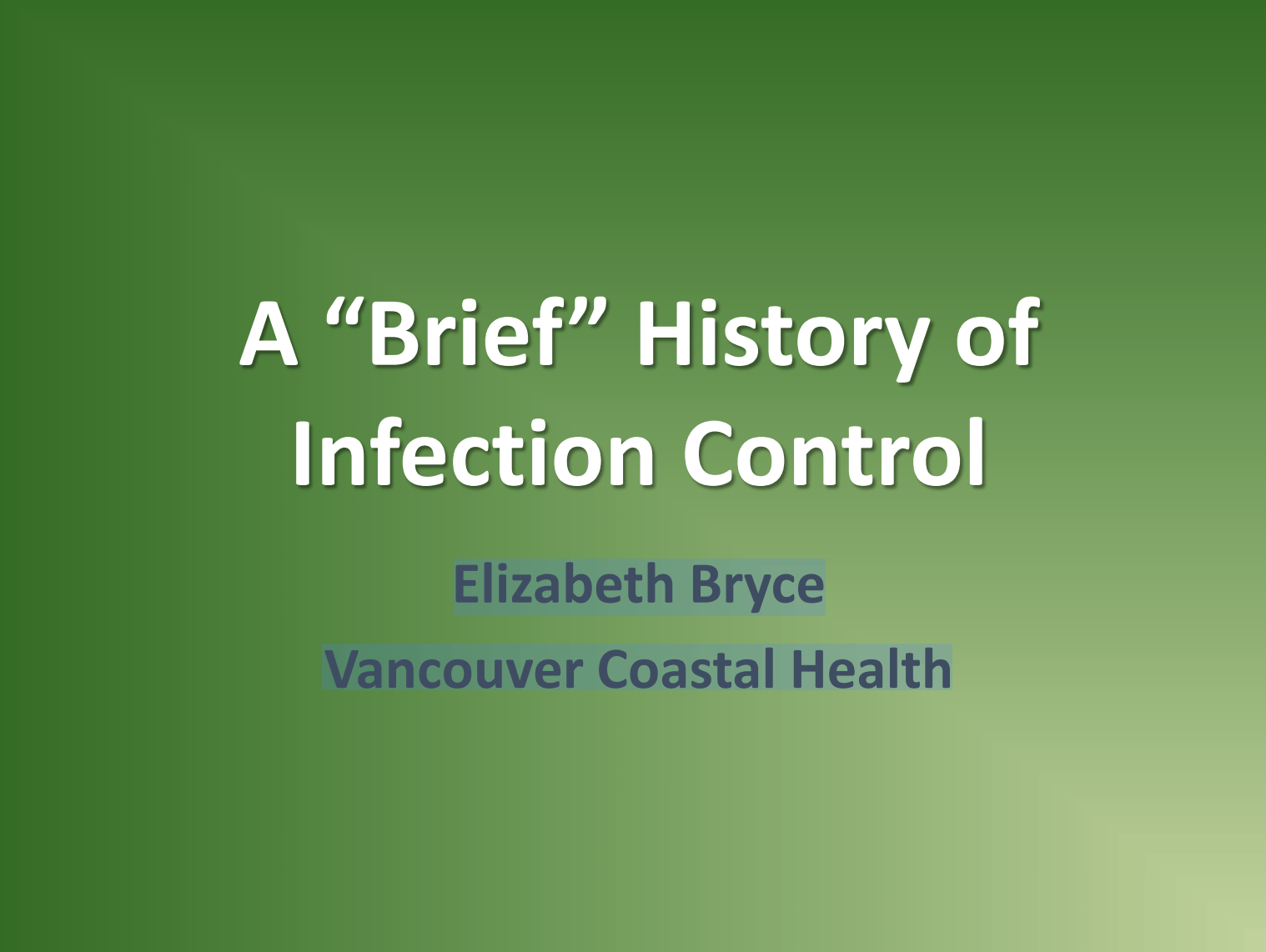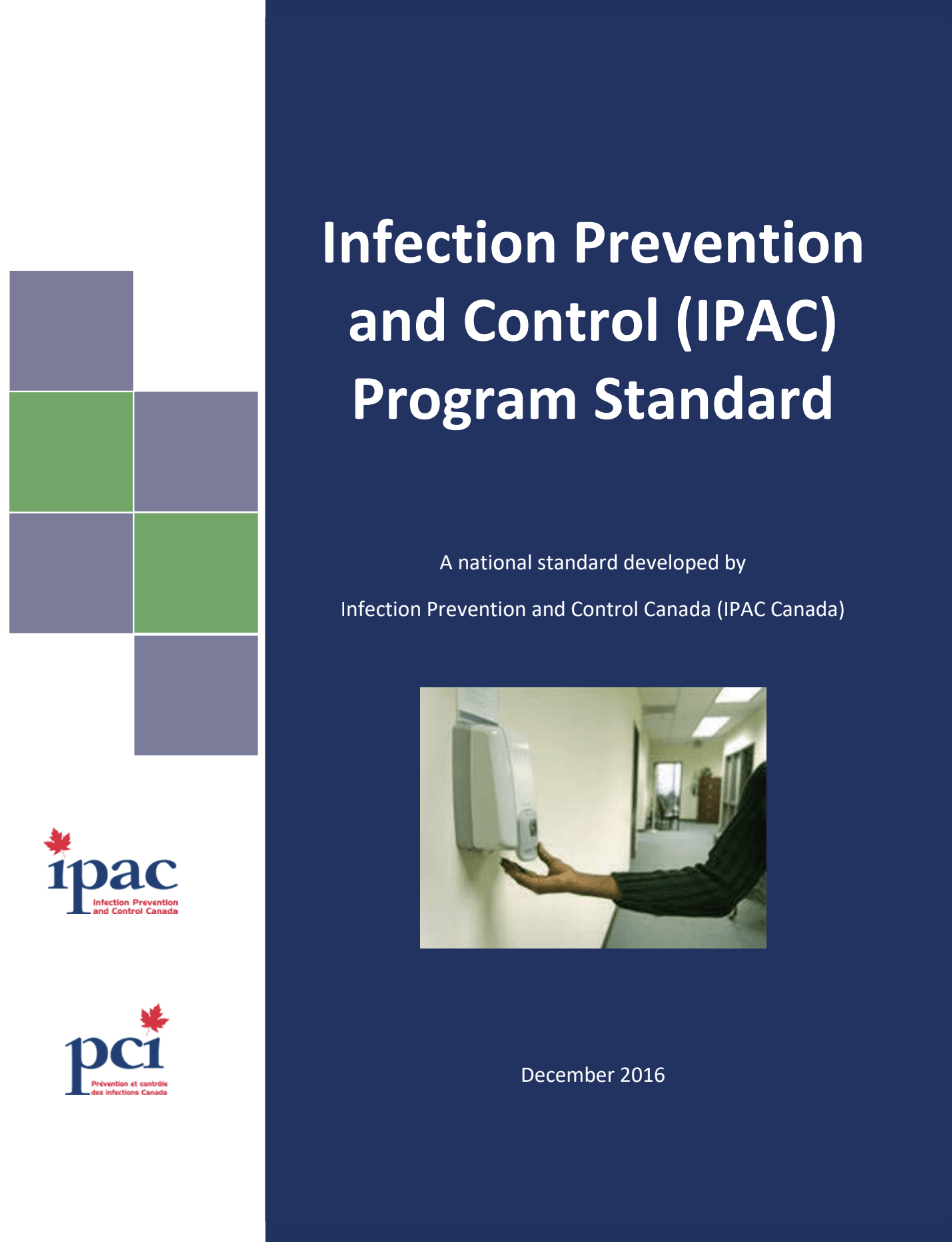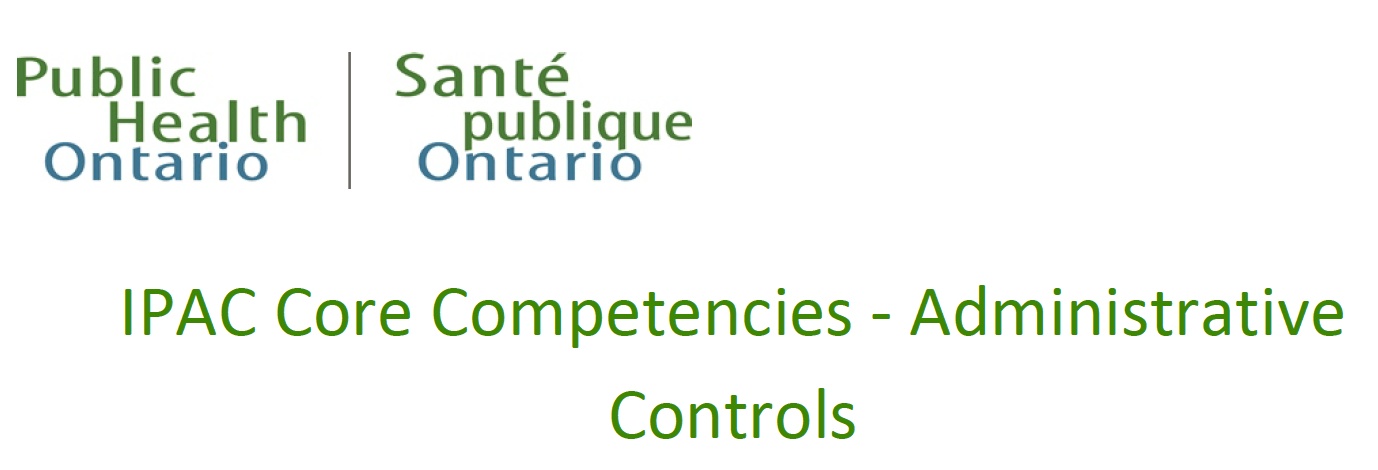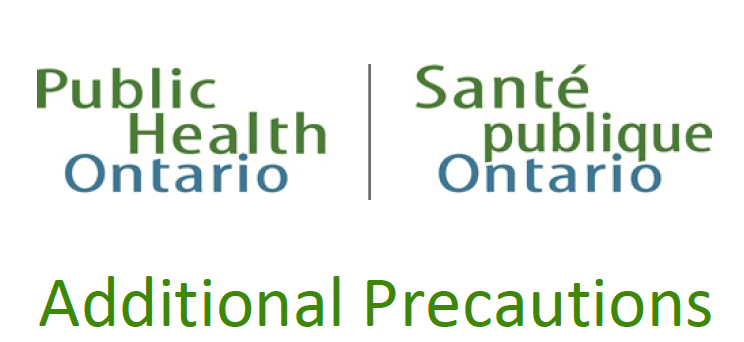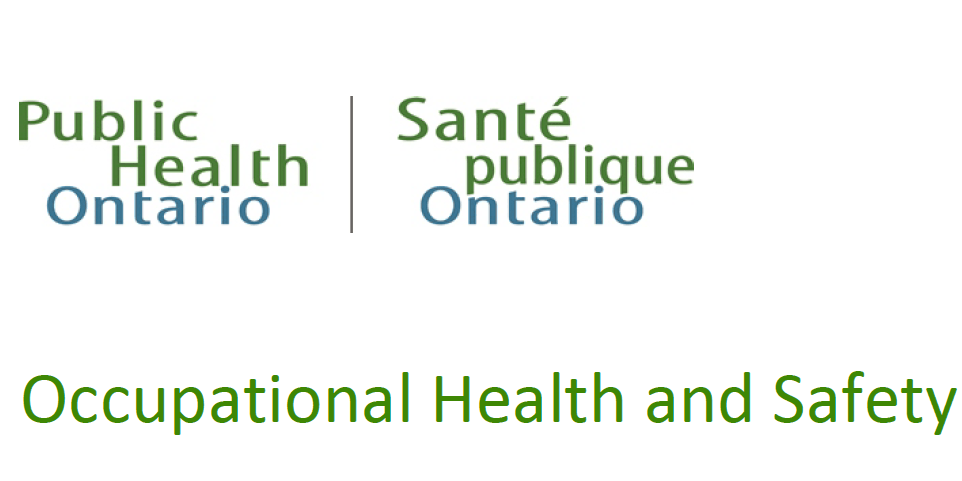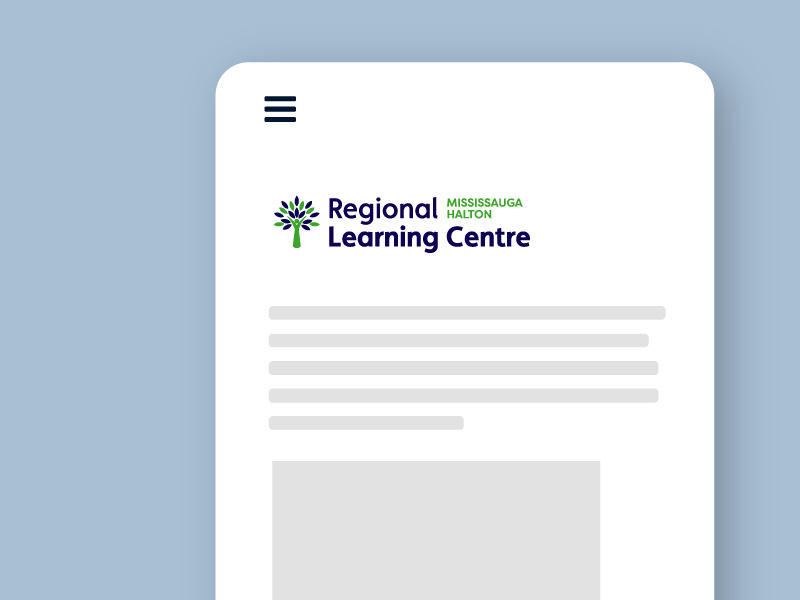Guidance
Infection Prevention and Control Resources
Guidance
Chapter 2: Storage and Handling of Moderna COVID-19 Vaccines
Please see link below for pertinent information relating to details on the 2024/2025 COVID-19 vaccine program.
This document includes information to the storage and handling of Moderna's COVID-19 Vaccines.
General COVID-19: Vaccine Storage and Handling Guidance
Please see link below for pertinent information relating to details on the 2024/2025 COVID-19 vaccine program.
The intended audience for this guidance document includes pharmacies, distribution centers, hospitals, and public health units.
Health Care Provider Fact Sheet: COVID-19 Vaccine
Please see link below for pertinent information relating to details on the 2024/2025 COVID-19 vaccine program.
This fact sheet provides basic information only and can be used as a reference for vaccine administrators to support COVID-19 immunization.
Ontario's COVID-19 Vaccine Program - 2024/2025
Please see link below for pertinent information relating to details on the 2024/2025 COVID-19 vaccine program.
Vaccination this fall with the co-circulation of respiratory diseases, such as influenza and respiratory syncytial virus (RSV), will be very important to protect the health of individuals, families, and communities as well as mitigate impacts on our healthcare system.
Wastewater Surveillance 2023
Please see links below for pertinent information relating to wastewater surveillance for the detection of COVID-19 in the GTA and province.
The links below can be used to make an informed decision on when to begin specific IPAC measures such as active surveillance and/or mandatory wearing of medical masks in agencies.
Holiday Decorations and Food Infection Control Guidelines
This is an exciting time of the year with holiday, decorations, and food, but this time of year also poses a challenge for infection prevention and control in the healthcare setting given the presence of vulnerable individuals, outbreak management experience and the effects of staffing limitations within the facility.
The IPAC department has provided the following guidelines for decoration and food safety during holiday festivities to make this a fun and safe time for all.
Orientation for Infection Prevention and Control Leads in Long-Term Care
This checklist can be used by infection prevention and control (IPAC) Leads and their Supervisors to select areas of focus for learning, professional development and planning. IPAC Leads may choose to use this roadmap as a guide to build knowledge, skills and abilities needed to be successful in the IPAC Lead role. This checklist is to be used in addition to –and does not replace- the advice, guidelines, recommendations and directives, or other direction of provincial Ministries and local public health authorities.
IPAC Checklist for Long-Term Care and Retirement Homes
•By those working in or supporting long-term care or retirement homes for the purpose of self-assessment and to guide policies, procedures, preparedness and response planning.
• To assist individuals who are trained in or working with those who are trained in infection prevention and control (IPAC) in conducting IPAC assessments in long-term care and retirement homes.
• As a point-in-time assessment and for ongoing re-evaluation at recommended intervals (e.g., more frequently if results require improvement) is recommended as required.
• In addition to—and does not replace—the advice, guidelines, recommendations, or other direction from provincial Ministries and local public health authorities:
IPAC Self-Assessment Audit for Long-Term Care and Retirement Homes
This self-assessment audit is designed to help Infection Prevention and Control (IPAC) leads at long-term care homes and retirement homes assess how their IPAC practices meet minimum IPAC requirements under applicable legislation and regulations. Completing this audit can assist when discussing the need for IPAC support from IPAC Hubs, public health units, Public Health Ontario, or other supporting agencies or Ministries. Staff performing this audit should ensure they are up-to-date with the most current IPAC protocols in their facility.
Ontario Respiratory Virus Tool
- The Ontario Respiratory Virus Tool provides comprehensive epidemiological information of respiratory virus activity in Ontario, including COVID-19, influenza and other respiratory viruses. Explore respiratory virus data including weekly case trends, laboratory testing, and outbreaks. The tool also contains additional COVID-19-specific data including: outcomes (hospitalizations, deaths, and ICU and hospital bed occupancy) and COVID-19 vaccination and dose administration.
Important Updates on Covid-19
- Local COVID-19 data will now be presented alongside respiratory pathogen surveillance in the Weekly Respiratory Virus Update, available starting Wednesday, September 27th.
- All existing COVID-19 HealthSTATS pages are discontinued.
- The COVID-19 Community Risk Level has been relaunched as of Thursday, September 21st. The tool will be updated every Thursday by 2 p.m.
Information Pamphlets
Information pamphlets on COVID-19
Checklist for IPAC/COVID-19 Monitoring In Adult Day Services (ADS)
Adult Day Services (ADS) are professional care settings where community-dwelling adults receive social or health services for some part of the day. Some ADS characteristics – such as frequent social activities, group dining facilities, communal spaces, and shared transportation – may increase the risk of COVID-19 spread.
A “Brief” History of Infection Control
27 page presentation by Elizabeth Bryce from Vancouver Coastal Health on the history of infection control.
Infection Prevention and Control (IPAC) Program Standard
A national standard developed by Infection Prevention and Control Canada (IPAC Canada).
IPAC Core Competencies - Risk Assessment and Chain of Transmission
A document outlining how to break the Chain of Transmission and the necessary steps to perform a Risk Assessment.
IPAC Core Competencies - Administrative Controls
A document outlining administrative controls to help prevent infections.
IPAC Core Competencies - Control of the Environment
A document outlining environmental controls to help prevent infections.
IPAC Core Competencies - Health Care Provider Controls
A document outlining hand hygiene and Personal Protective Equipment (PPE).
IPAC Core Competencies - Additional Precautions
A national standard developed by Infection Prevention and Control Canada (IPAC Canada).
IPAC Core Competencies - Occupational Health & Safety
A document outlining the infection prevention and control practices that mst be used routinely during all activities with clients, patients or residents.
Helpful Links
27 page presentation by Elizabeth Bryce from Vancouver Coastal Health on the history of infection control.





